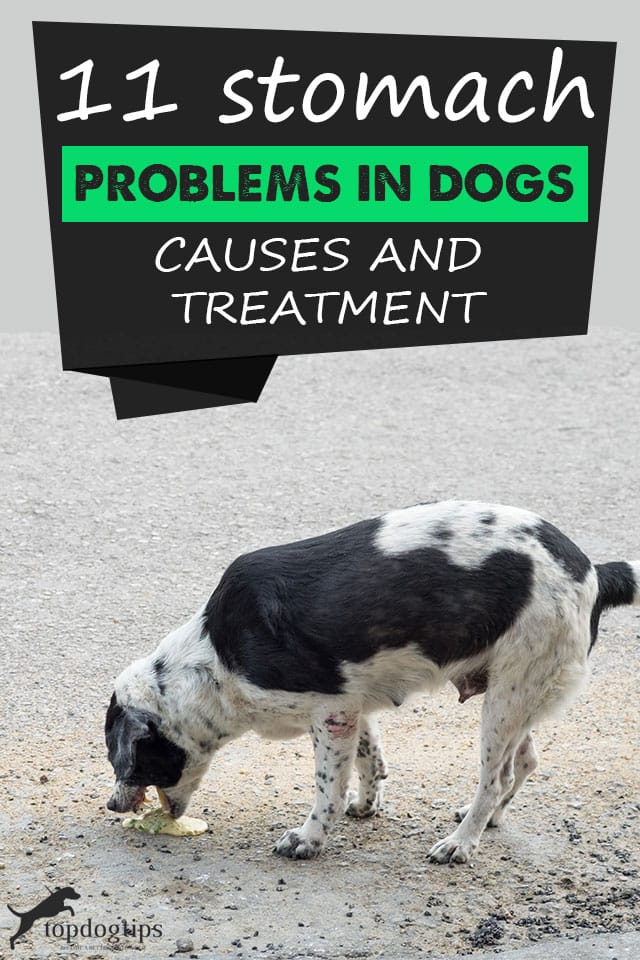Malabsorption is a critical condition where a dog’s body struggles to properly absorb essential nutrients from their food. This can stem from disruptions in either the digestion process or the absorption phase, or a combination of both. In dogs, impaired digestion often points to a deficiency of pancreatic enzymes, a condition known as exocrine pancreatic insufficiency. Conversely, failures in absorption are more commonly linked to diseases affecting the small intestine. The primary keyword for this article is “malabsorption in dogs,” and it falls under the informational search intent category, aiming to educate pet owners about this health issue.
The observable signs of malabsorption in dogs are largely a consequence of insufficient nutrient uptake and the subsequent loss of nutrients in the feces. Key symptoms typically include persistent diarrhea, significant weight loss, and peculiar appetite changes, which can manifest as a loss of appetite or, conversely, an insatiable hunger. It’s important to note that diarrhea might not always be present, even in severe cases. Weight loss can be dramatic, occurring despite a seemingly normal or even increased appetite. Some dogs may resort to consuming feces or non-food items as a coping mechanism. Generally, dogs suffering from malabsorption appear otherwise healthy, unless the underlying condition involves severe inflammation or cancer. Non-specific signs that a veterinarian might identify include dehydration, anemia, the presence of dark blood in stools, or fluid retention. Palpable signs could include thickened bowel loops or enlarged abdominal lymph nodes during a physical examination.
Diagnosing malabsorption in dogs can be a challenging and complex process, primarily because the common symptoms of long-term diarrhea and weight loss are shared by numerous other diseases. Consequently, achieving an accurate diagnosis may require multiple veterinary visits. A comprehensive examination is essential for dogs exhibiting signs of malabsorption to rule out or identify any underlying generalized or metabolic diseases. Specific diagnostic tests can help pinpoint whether the symptoms are indicative of conditions such as inflammatory bowel disease, liver disease, or parasitic infections. The dog’s medical history plays a crucial role, as it may offer clues pointing towards specific food allergies, the ingestion of non-food items, or other sensitivities. Weight loss, while a hallmark of malabsorption or protein-losing diseases, can also result from a simple loss of appetite, vomiting, or a non-digestive ailment. Certain clinical features can help differentiate between diarrhea originating from the small intestine versus the large intestine. If large intestinal disease is suspected, a biopsy of the intestinal lining may be performed. However, if weight loss or large volumes of feces accompany the signs, it strongly suggests that the small intestine is also affected. Initial diagnostic steps usually involve blood, urine, and fecal tests, alongside X-rays and an abdominal ultrasound. In some cases, specialized blood tests and tissue biopsies might be necessary for a definitive diagnosis.
The treatment for malabsorption in dogs is multifaceted, typically involving dietary adjustments, managing any complications that arise, and addressing the underlying cause if it can be identified. For cases stemming from exocrine pancreatic insufficiency, treatment necessitates a specialized low-fiber diet. This diet should feature moderate levels of fat, highly digestible carbohydrates, and high-quality protein. Crucially, supplementation with pancreatic extracts is required to provide the enzymes the dog’s pancreas is lacking. If the dog’s response to pancreatic enzyme replacement therapy is suboptimal, small intestinal bacterial overgrowth (SIBO) may be suspected. In such instances, a course of oral antibiotics, usually lasting about one month, is prescribed to help reduce the bacterial overgrowth. Effective management of small intestinal diseases is contingent upon the specific nature of the disorder. When a precise diagnosis cannot be established, treatments may be administered on a trial basis.
Dietary modification is a cornerstone in managing small intestinal diseases. Your veterinarian might recommend an exclusion diet, which involves feeding your pet a single protein source that they have not been previously exposed to. This is particularly useful as a diagnostic tool when dietary sensitivity is suspected. It is imperative that you strictly adhere to the prescribed special diet and any medications for your pet exactly as instructed. Owners are often tempted to offer “special treats” not included in the diet, despite explicit instructions against it. Failing to follow the prescribed diet can significantly delay the diagnostic process and hinder the necessary treatment for your pet. During this period, owners can offer alternative forms of reward, such as petting, a new blanket, a suitable toy, or any other non-food-related reward. Often, the most cherished reward for a pet is simply extended periods of focused attention and affection.
The prognosis for dogs diagnosed with malabsorption is generally positive if the underlying cause is straightforward. For instance, approximately 85% of dogs suffering from exocrine pancreatic insufficiency show a significant improvement with treatment involving pancreatic enzymes. However, the outlook is less favorable for dogs experiencing severe small intestinal disease, cancer, fluid retention due to low protein levels, profound weight loss, deficient levels of vitamin B12 in the blood, or a persistent lack of appetite. For owners seeking to understand more about digestive health, liver disorder in dogs can present similar challenges in nutrient absorption and overall well-being.
In conclusion, malabsorption in dogs is a complex condition requiring a thorough diagnostic approach and a tailored treatment plan. Early recognition of symptoms and close collaboration with a veterinarian are key to managing the condition effectively and improving the dog’s quality of life. By adhering to dietary recommendations and treatment protocols, many dogs can achieve a good quality of life. If you suspect your dog may be suffering from malabsorption or any other digestive issue, consult your veterinarian promptly for an accurate diagnosis and appropriate care.

